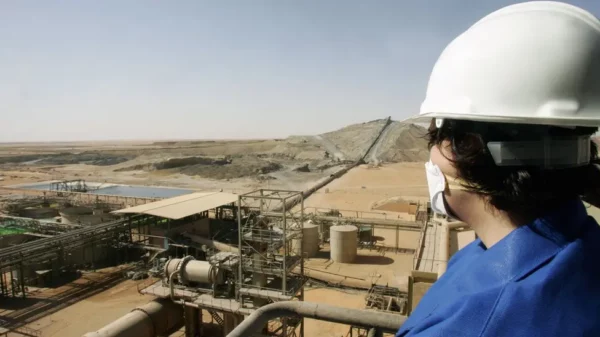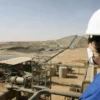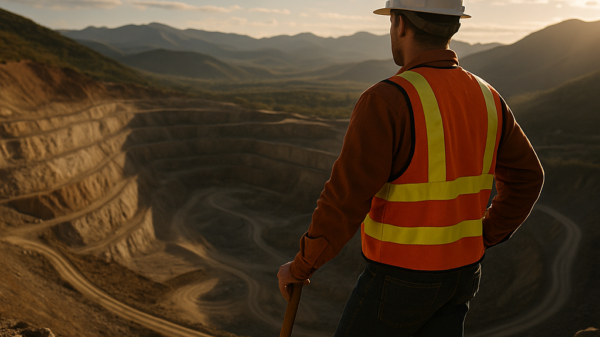Sweden’s climate minister Romina Pourmokhtari announced plans Friday to lift the European nation’s ban on uranium mining and develop enhanced domestic nuclear infrastructure.
Pourmokhtari said earlier this month that the country’s government intended to double its electricity production in the next two decades and that nuclear power was the best option aside from fossil fuels.
Sweden intends to construct an additional 10 reactors during that time to meet the demand, an announcement that has received criticism from environmental experts and others. Uranium mining has been outlawed in the nation since Aug. 1, 2018 and nuclear fuel is primarily imported there from other countries like Canada, France and Australia.
She told London’s publication The Times that nuclear power was Sweden’s only feasible option for meeting the nation’s needs. Currently, nuclear power accounts for 40 per cent of the country’s electricity — according to the World Nuclear Association.
“For our clean power system to function, a large part of this has to be dispatchable where nuclear power is the only non-fossil option. Nuclear power also has a reduced environmental footprint and requires limited resources in comparison with most energy sources,” said Pourmokhtari.
Read more: Biden permanently bans uranium mining in Grand Canyon
Read more: Scientists, activists urge U.S. Congress to compensate nuclear testing and uranium mining victims
As of last year, Sweden had six nuclear reactors in operation — according to the International Atomic Energy Agency. The private companies primarily responsible for those reactors are Sydkraft AB and the state-owned company Vattenfall.
Vattenfall secured a long-term uranium supply agreement with Westinghouse in May last year, a subsidiary of Brookfield Business Partners LP (NYSE: BBU). The company will also be receiving uranium from the French nuclear company Framatome through the deal taking effect next year, a company owned by Assystem SA (EPA: ASY), the French state-owned company Électricité de France and Mitsubishi Heavy Industries Ltd (TYO: 7011).
The country hosts the vast majority of the European Union’s uranium reserves (80 per cent) — according to the World Information Service on Energy, an anti-nuclear organization established in 1978.
Sweden’s parliament has a goal of reaching net-zero by 2045 and is aiming to reduce the country’s greenhouse gas emissions by 63 per cent before the end of the decade.
The institutions primarily responsible for research and development of nuclear technology in the country are Stockholm’s KTH Royal Institute of Technology, Uppsala University and the Chalmers University of Technology.
rowan@mugglehead.com














